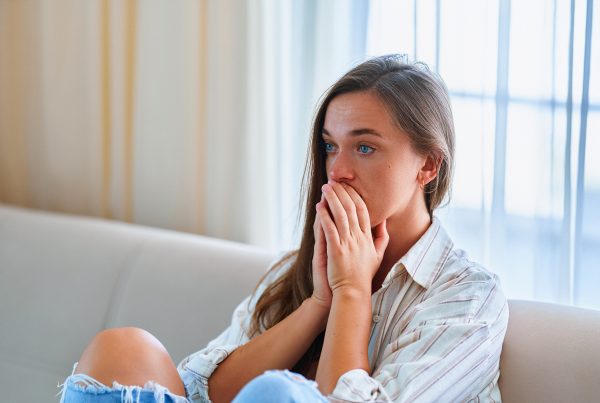I won’t ever forget my high school graduation. It isn’t the personal
significance of the day that remains in my memory, but the collective grief that was felt by my whole graduating class. I remember how quiet the whole day seemed, despite the sunshine and cheers. I remember that we all wore sunglasses, and spoke quietly among ourselves. I remember the words of farewell written on the caps of many of the girls. I remember having to tell my friends two nights before at my graduation party that our friend and classmate had been murdered after coming home from a graduation party. I don’t think that we mourned only her loss that afternoon. There had been a host of senseless deaths that final year, more in the year to follow. A friend killed and two others shot while partying in a church parking lot by a crazed transient. A student shot in a drive by. Four classmates instantly snuffed out when they smashed into a tree at a hundred miles an hour. Another when he launched his motorcycle off a cliff. The teen years are difficult and dangerous for all of us. During this time of life we take risks based on a lack of experience, a need for excitement, a chance to experiment, a feeling that we are invincible. None of this was helped by the fact that most of us, all of my friends, and it seemed everyone at my high school spent a good part of our days drinking, smoking pot and snorting coke. Everyone who died that year was drunk or high when they were killed. Nobody died of an overdose, or a heart attack, or jumped off a building in a LSD induced mind trip, but I can’t help but think that the impaired judgment caused by substance abuse played a part in all of their deaths. The girl who was murdered was high on coke, the classmates killed in the car crash were drunk, the boys who were hanging out in the parking lot were smoking pot. We all made poor choices, some of us paid a higher price than others. Grief and loss are invariably a part of a modern teen’s experience. Such experiences, tragic as they are, are an opportunity for teens to look at their own behavior, an opportunity to see that there is an effect for every cause. While nobody can take away the risks of growing up, of moving outward into the world, perhaps we can use the moment of grief to pause and reflect. When some students of mine were recently talking about the loss of a classmate who died in a car accident, I used the opportunity to discuss with them the fragile nature of life. They began to get a glimpse into their own mortality. We discussed how the number one cause of teenage death is car accidents, how distractions by friends and excessive speed can lead to a tragic end. I know that all of this must seem a bit grim. It’s not a topic that any of us want to discuss or face, let alone talk to our children about. But teens are faced with judgment calls everyday. Do they get into the car, do they go to the party, and should they try ecstasy? If young people are not equipped to make these decisions, then we have a responsibility, no matter how uncomfortable it may be, to discuss with them our experience, to talk with them about the choices they will face. Perhaps if we do that now, then maybe later they won’t have to have their own memories of a somber graduation.






